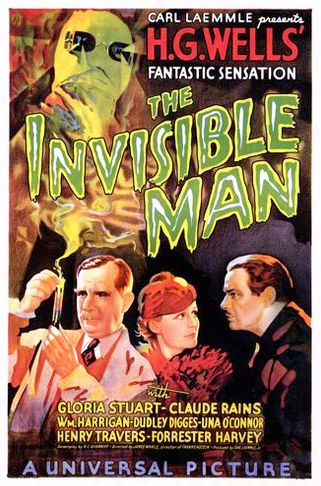FWP:
SETS == MIDPOINTS
GATHERINGS: {6,3}
That dekh kar occupies a grammatically 'midpoint' position. If we read the latter part of the second line as gar ko))ii dekh kar mujh ko batlaa de , then the suggestion is that someone might see the lover and tell him something-- presumably, tell him to leave, since the lover's permission to enter the gathering is what's at issue, and since his saying 'upon my head be it' also suggests that if he is wrong then the result (his having to leave?) will fall on him, and he won't blame her.
And if we read the latter part of the second line as gar ko))ii mujh ko dekh kar batlaa de , then the possibility emerges that someone might, having seen the lover, 'tell' somebody else, or publicly identify him, or gossip, or create scandal. This reading might be thought slightly secondary, since it's less appropriate for the lover to say 'upon my head be it' for consequences (gossip, scandal, etc.) that would probably fall more on the beloved than on himself. Still, the lover might well say it anyway, as a sign of great desperation-- or great confidence that nothing of the sort would happen.
On either reading, the verse offers at least three enjoyable and mutually complementary possibilities:
=People will see the lover and recognize him, but they won't tell (tell him to leave, or tell about him): he looks so wretched and feeble now, that they'll feel compassion.
=People will see him but they won't recognize him, since he's so thin and worn and wracked by passion; so they won't be able to tell (tell him to leave, or tell about him).
=People won't see him at all, since he's so thin that he's basically invisible, so they won't tell (tell him to leave, or tell about him).
Bekhud Mohani gallantly sets out to defend Ghalib from this third possibility, the one endorsed by Nazm. He insists on the more realistic readings, and accuses Nazm of damaging the verse by creating in it 'absurd exaggeration'. But after all, we're dealing with an extravagantly cerebral poet, in an unlimitedly stylized genre, and he has also given us verses in which the beloved has no mouth (for the set, see {91,4}); and/or has no waist (see {99,4}). If even the beloved can lack such essential body parts, surely it's only fitting that the lover could be so gaunt that he might almost lack a body entirely. This 'defense' is just one more example of the unhelpfulness of a 'natural poetry' approach to the ghazal.
The lover's physical frailty is also invoked, with another
powerful dekh kar , in the next verse, {207,2}.

Nazm:
Because of thinness I will not be visible to anyone-- as if anyone will tell! (233)
== Nazm page 233